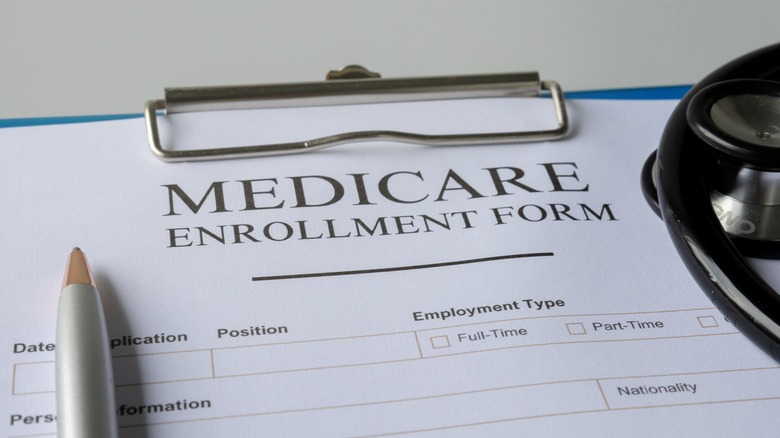The Worst Medicare Cuts Of 2025 Will Make Retirees Pause
Medicare did not cover several medical costs for seniors prior to the One Big Beautiful Bill Act (OBBBA), but now it is going to get a lot worse for older adults and retirees to afford health coverage in the United States. In July 2025, the United States House of Representatives passed the OBBBA, which is projected to cut $1 trillion from nationwide medical programs and set a record as the biggest reduction of federal support to health care in U.S. history.
In May 2025, the Congressional Budget Office projected that the Statutory Pay-As-You-Go Act, or S-PAYGO, would automatically trigger Medicare cuts capped at about $45 billion in fiscal year 2026, totaling roughly $490 billion between 2027 and 2034. Additionally, the OBBBA implements work-reporting requirements, raises enrollee cost-sharing, and limits financing options from states, including payments to hospitals, senior centers, and other medical providers. The office also estimates that around 10 million Americans are at risk of having their health insurance coverage taken away, leaving many retirees and other adults uncertain about how they will pay for medical expenses.
Who does the Medicare cuts of 2025 affect most?
The short answer is that every American will be affected either directly or indirectly by the Medicare cuts. The more complex answer is that older adults, including retirees, low-income earners, persons with disabilities, and lawful immigrants, who have relied on healthcare benefits from Medicare that were free or minimal cost, will be impacted the most. Current enrollees could lose coverage by 2027. Cost-assistance programs for care and prescriptions, such as Medicare Savings Programs and the Part D low-income subsidy, will also see a limitation of beneficiary access by those previously covered under Medicare, according to the Center for American Progress.
Simply put, those with the least money and the greatest need for affordable healthcare will be the ones put in serious jeopardy by the OBBBA's Medicare cuts, including retirees who might have already been anticipating the big changes coming to Medicare in 2026. If you or a loved one is retired and relying on Medicaid and Medicare to cover most health expenses, now is the time to look into affordable alternatives to help ensure no one in your family is left uninsured.
What is the potential impact of these Medicare cuts?
Medicare Rights warns that the cuts will directly harm senior citizens, people with disabilities, children, and low-income families by increasing out-of-pocket costs, raising the price of prescription drugs, and setting a precedent for even more Medicare rollbacks in the future. Rural states and areas should prepare for the worst, the American Medical Association cautioned, because as the amount of money provided to physicians dries up, doctors' offices and hospitals will not be able to employ staff or sustain jobs, reducing access to reliable and affordable care in local communities.
As bad as conditions may be in the near future, the most striking economic fallout could still be ahead. The Commonwealth Fund projects that cuts to Medicare, Medicaid, and Supplemental Nutrition Assistance Program (SNAP) in 2029 might lead to a $154 billion drop in state domestic gross, eliminate a loss of 1.2 million jobs across the country, and shrink state and local tax revenues by an estimated $12 billion.


